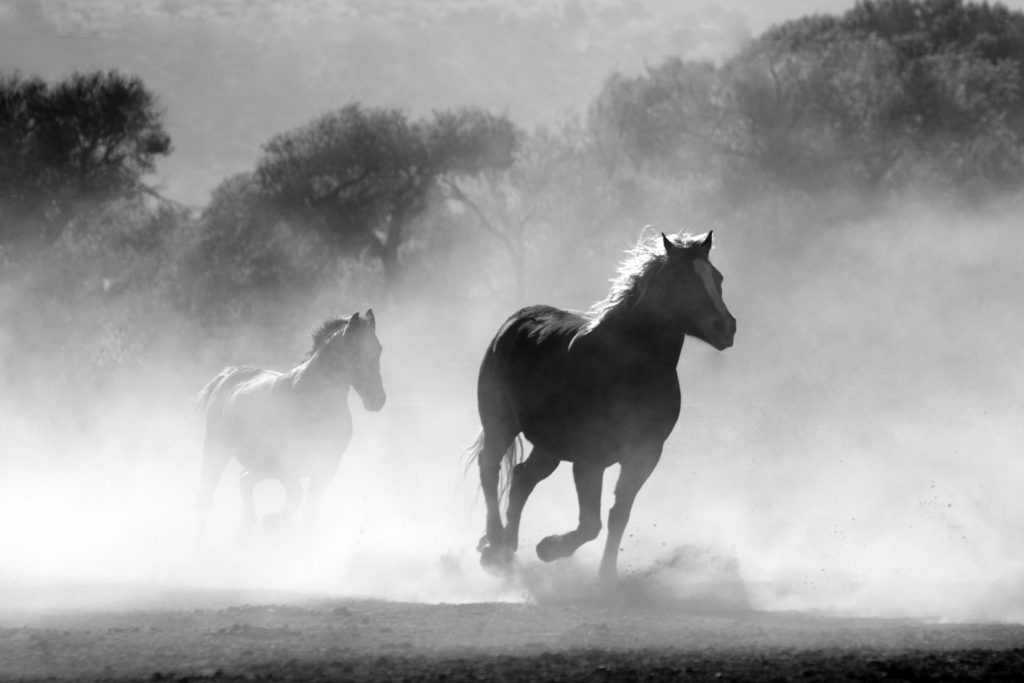
This week in our class exploration of Trust, we come to the sixth of the seven attributes of trust defined by Brené Brown in her book, “Rising Strong”. It is the“n” in the “BRAVING” acronym; Non-Judgment.
Judgment is huge. When it comes to relationships, we use judgment as a way to solidify our ego, or our idea about who we are, and how we differ from others. When we feel different, or separate from others, you can bet there is some judgement involved. If we feel superior, we are probably judging others harshly. If we feel inferior, we are judging ourselves harshly. Its difficult to feel trust in someone you feel is judging you, perhaps unfairly.
In class, we decided that whenever the word “should” comes up, it is a red flag. It could suggest that we are judging others, “She should want to get another job”, or ourselves, “I should want to spend more time with my great aunt.” The word “should” is an indication we need to pause and assess if what we are saying is true, necessary, or in our or someone else best interests.
I shared the story in the video below. Often when we judge others harshly, we are telling a story to ourselves that isn’t 100% accurate.
In yoga, we expand the idea of non-judgement to situations. There is a story of which there are probably a hundred variations. We probably all, if we think it through, have a version of this running like a thread through our own lives:
There once was a farmer. He had a beautiful stallion. He planned to take his stallion to a fair, show the critter off, and then secure some stud fees, and make a lot of money.
The night before the fair, there was a huge windstorm. A section of the corral fence blew down, and in the morning when the farmer, his wife and son awoke, the stallion was gone.
“Oh, my!” The wife wailed. “this is terrible!”
“Terrible or not, we will see,” the farmer replied.
The next week the family was eating breakfast when they heard a huge rumble. They looked out the window and saw the stallion running toward the corral, down from the range. He was leading a herd of wild mares.
“Oh, my!” The farmers wife exclaimed. “this is wonderful!”
“Wonderful or not, we will see,” the farmer replied.
The next week, the son was breaking one of the mares. She threw him and he suffered a nasty break to his femur that left him bed-ridden for several months.
“Oh, my!” The wife wailed. “this is terrible!”
“Terrible or not, we will see,” the farmer replied.
The next week, the king’s army came through the countryside, looking for solders to recruit. There was a terrible war raging far away, and the king needed warm bodies to throw onto the battlefields. The son, of course, could not be recruited.
“Oh, my!” The farmers wife exclaimed. “this is wonderful!”
“Wonderful or not, we will see,” the farmer replied.
As you can guess, this story goes on and on. And, so does the story of our lives.
In yoga, we practice not labelling the sensations we experience as good or bad. They are just…sensations. When we are faced with discomfort, it can be helpful to try to neutralize the feelings involved. They are just feelings.
This practice helps us to build trust. This trust is that our experiences have a purpose, that our life is unfolding as it should. Trust implies believing in something even if we can’t immediately see it, and the belief that all things are as they are meant to be is one that definitely requires a great deal of trust.